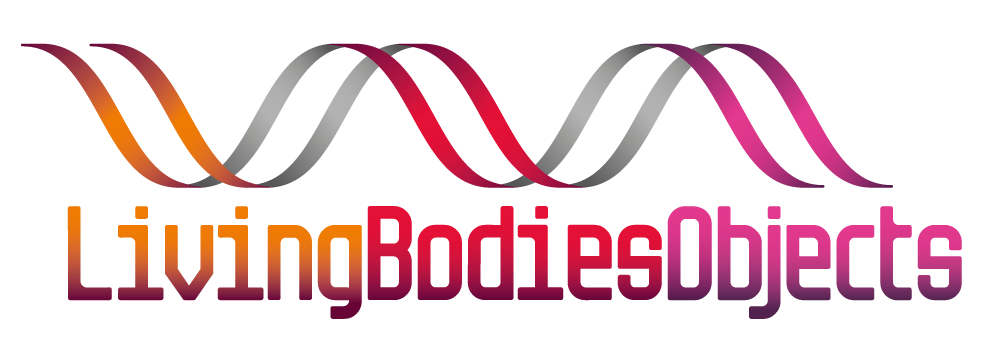For many disability organisations, ‘inclusion’ is the primary goal of the work they do and helps to produce meaningful change. But as part of an ‘Equity, Diversity and Inclusion (EDI) agenda’ promoted by governments, businesses and institutions, inclusion has been criticised as a new form of tolerance, something that appears to welcome more people into spaces but fails to transform those spaces and keeps existing power dynamics intact. Our project aims to critically engage with these institutional approaches to EDI, recognising that these are contested terms that mean different things to different people.
We’ve developed ways of working that are founded on care, creativity, and accountability. Throughout the project we are engaging in research, reflection, and experimentation about how we work with our partners and communities according to these values. We are interested in how our approach to research spaces, practices and methods can destabilize conventional power dynamics and contribute to positive change in academic research culture.
Our Ways of Working Agreement and Living Project Glossary are living documents that we are continually developing as we move through the project. They inform the work we do and provide a space for reflection about what works and doesn’t work, what matters to us and our partners, and which practices or assumptions we need to change. We post updates at regular intervals and we welcome input and feedback.
Ways of Working Agreement
Our Ways of Working Agreement reflects our key principles and commitments, as well as what we have learnt from our partners about their practice. In some ways this agreement is aspirational, as we don’t always manage to put these commitments into practice, but it reminds us of what we value and makes sure we aim towards best practice every time we work together.
Principles
- Accessibility comes first. It is everyone’s responsibility.
- We work with care and create safe spaces.
- We are accountable to partners, participants and each other.
- Mistakes are part of learning. But reflection and action are required when mistakes are made.
- Everyone matters. We believe that the practice of good research must value all those are who part of the process, whatever their position.
- Pauses, silences and reflection are integral parts of creation.
- We foreground partner priorities and practices in our collaborations.
- We aim to enact positive change in research culture and ways of doing research wherever it occurs.
Our commitments
- Our project employs a non-hierarchical leadership model.
- Excellent accessibility resources and checklists exist. We use these resources to plan events and create materials.
- We have regular ways of working review meetings. This includes at least one review meeting between each residency to update the plan based on our learning from that residency and that partner organisation.
- We constantly develop our working practices and their documentation, especially when planning, and reflecting on, key events, outputs, meetings etc.
- We use reflection activities and meetings to share learning, understand what we’ve done well, maintain accountability, and identify what we need to do better.
Health, accessibility and wellbeing
- We make time for breaks and physical movement, also fresh air.
- In our lab meetings and sessions everyone is welcome to sit, stand, lie on the floor, move around – whatever is comfortable and comforting for their body.
- We adopt the CLEAR Lab rule: ‘If you’re tired, heartbroken, or sick, GO HOME. This job is not more important than your health. We are accountable to you as a whole person. You are not a drone’ (CLEAR Lab Book p. 15).
- Pacing is important. It’s good to go slowly. We won’t try and do too much in one day.
- We value our mental health and wellbeing and provide content warnings when helpful.
- Participation is never mandatory. Observation is okay. If anyone doesn’t feel up to full engagement, they are still welcome to be present and listen.
- We respect each other’s physical and emotional boundaries.
- We respect everyone’s preferences for expression and provide options for contributing to the work.
Workload
- We recognise that each member of the team has different workload commitments, both to the project and outside the project, and that these commitments will fluctuate.
- We will be open, honest and understanding about when and how the team, partners and participants can commit time and energy.
- We aim to be transparent and clear about who has what responsibilities at any time, and the workload consequences of those responsibilities.
- Different people will lead on the various project residencies and activities. We support team members who take on leadership responsibilities and respect their time.
Working with others
- We are committed to learning from others and we’re accountable to those who teach us. We will incorporate our partners’ best practices into our own ways of working.
- We will make sure our visitors and collaborators have all the information they need before they join us.
- We will work in spaces that are appropriate for our participants, paying attention to accessibility, power dynamics and comfort.
- We will involve our partners in our regular reflections and ensure we have clear processes for feedback.
Interacting with care
- We listen respectfully to people’s points of view and let them finish what they are saying.
- We don’t tolerate offensive language or jokes.
- We stay mindful of differences within the group, including seniority, role and disciplinary background.
- We make space for feedback, which should be constructive and conscientious.
- We draw creatively on a range of teamwork strategies to facilitate specific tasks, events and activities.
- If there is conflict or discomfort, we take time to pause the discussion and address it.
- We embrace playfulness and experimentation in what we do.
